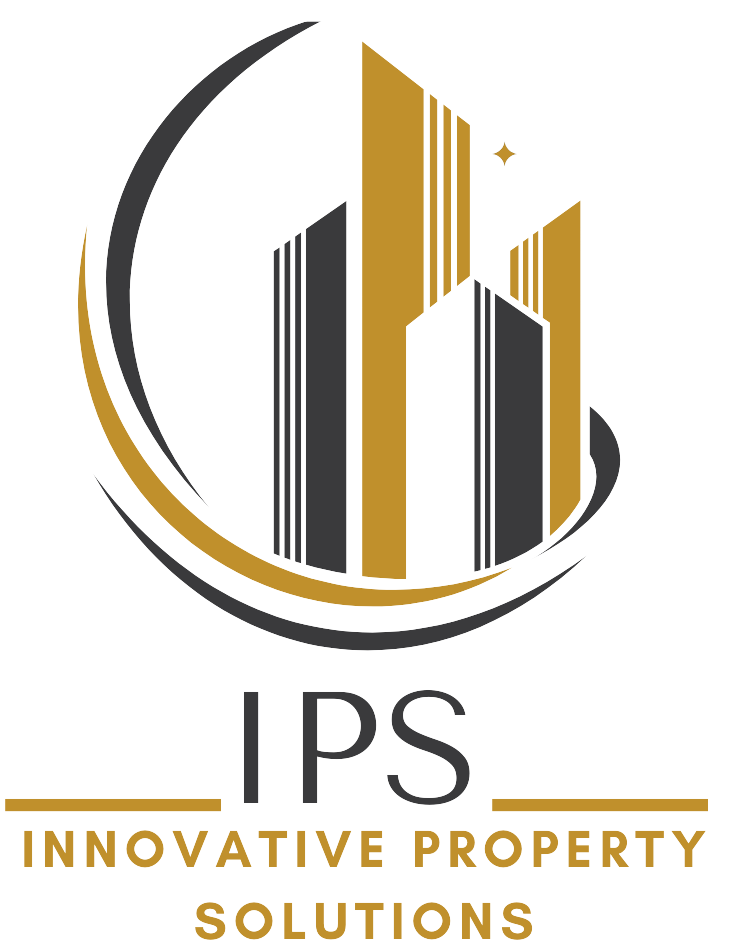
When you sell your home in Toronto, the joy of a good deal often comes with a sobering catch: taxes. At IPS, a top real estate appraisal firm in Toronto, Ontario, we’ve spent years helping homeowners deal with this tough path. Home appraisals aren’t just about knowing what your house is worth—they’re the key to seeing how much of your profit you’ll keep after the Canada Revenue Agency (CRA) takes a share. These values affect your capital gains tax, a fee on the profit made when you sell a home for more than you paid. Whether it’s your main home or a second cottage, knowing this link helps you make smart choices.
The process starts with the sale price of your home, a number set by market forces and confirmed by an expert appraisal. Take away your adjusted cost base—mainly the first purchase price plus allowed costs—and you have your capital gain. In Canada, the Principal Residence Exemption (PRE) lets most homeowners avoid tax on gains from their main home. But life is not always that simple. If you rented out a basement unit, flipped homes, or sold a vacation home, part of that gain gets taxed. That’s where IPS helps, offering exact valuations that reflect Toronto’s market, so your taxed amount is not too high or too low.
How Capital Gains Tax Ties to Your Home’s Sale Price
Let’s break this down. Picture a Toronto homeowner who bought a semi-detached house in Parkdale for $650,000 in 2012 and sells it in 2025 for $1.9 million. That’s a $1.25 million gain on paper. If it’s their main home, the PRE wipes out any tax. But suppose they rented out the top floor for six years. The CRA could assign a part of the gain—say, 30%—to the rental period, making $375,000 taxable. At a 50% inclusion rate (Canada’s rule for capital gains), they’d owe tax on $187,500. The value at sale becomes key here, as it sets that taxable slice. At IPS, we dig into past sales data, rental trends, and area shifts to count every dollar fairly.
The stakes rise in Toronto’s hot market. According to the Toronto Regional Real Estate Board (TRREB), average home prices climbed 2.8% in Q1 2025, hitting $1.15 million citywide. In high-demand spots like Leaside or The Annex, that figure often doubles. A higher sale price means a bigger gain, and if tax applies, a larger bill. An inflated value might thrill you at closing, but it could pad your tax bill too much. Conversely, an undervalued home might draw CRA’s focus. Our appraisers at IPS balance these risks, using years of local know-how to give a number that’s both fair and strong.
Why Appraisals Are the Bedrock of Tax Calculations
Appraisals aren’t just guesses—they’re based on facts and data. At IPS, we look at sales, property condition, and trends to make valuations that stand strong. In Toronto, a home in Riverdale might sell for $2 million, while a similar one in Rexdale goes for $1.1 million. Location matters a lot, but it’s not the only thing. Size, lot space, and even the age of your HVAC matter too. We’ve seen homes with new kitchens—like steel appliances and stone islands—appraise $60,000 higher than old ones. And a leaky basement can cut off $25,000 or more.
This detail matters because the CRA doesn’t set your home’s worth; the market does, and we turn that into a number you can trust. A clear appraisal makes sure your capital gain is real, not just hope. Like a client we helped in Scarborough: their $1.4 million sale included a $100,000 gain from a secondary suite. Our appraisal, backed by rental data and comparisons, clarified the taxable part, saving them $12,000 in tax. Without that depth, they’d have had to guess.
Tips for Homeowners to Navigate Valuations and Taxes
Selling a house is emotional, and the tax hit can hurt more. At IPS, we think home sellers should keep as much of their money as they can. One way to impact your home’s value—and the taxable gain—is by smart upgrades. Fix what’s important: a $20,000 new roof might raise the value by $30,000, while a $15,000 bathroom update could make the home worth $25,000 more in Toronto’s tough market. Flashy items, like a $80,000 pool, often fail, adding just $20,000 to $30,000 in worth. We see this all the time—focus on what buyers and appraisers care about: how it works, saves money, and looks nice.
Timing matters too. Toronto’s market goes up and down—TRREB data shows a 4.1% price jump in spring 2024 due to low supply. Selling high gives you more money, but if tax applies, it also raises your tax hit. An IPS appraisal before you list can guess your gain and help you choose to sell now or wait. One North York client held off their $1.6 million sale by four months based on our study, avoiding a rush of buyers and grabbing an extra $120,000—well worth the wait with tax on the line.
Strategies to Maximize Value and Minimize Tax Exposure
Boosting worth isn’t just about upgrades—it’s about records. The CRA lets you change your cost base with costs like legal fees, agent commissions, and big improvements. That $35,000 furnace you put in back in 2020? Deductible if you’ve got proof. At IPS, we tell clients to keep careful records. For a $1.2 million sale with an $800,000 cost base, $60,000 in logged renos drops your profit from $400,000 to $340,000. With only 50% taxable, that’s $30,000 less taxed—a big saving.
Local tweaks can also boost your appraisal. In Toronto, being close to transit—like the Line 1 subway—or schools like Davisville can add a lot to your value. Sprucing up curb appeal with a $5,000 landscaping job might bump your appraisal up by $15,000. We once helped a Rosedale family selling a $2.5 million second home; our valuation noted these parts, and our tips on minor staging got them $80,000 more, easing their tax hit.
Toronto’s Unique Market and Its Tax Implications
Toronto’s real estate scene is one of a kind. From old homes in Trinity-Bellwoods to new condos in Liberty Village, each area has its own charm. At IPS, we know these details well. A 2025 TRREB report showed condo prices at $720,000 and detached homes at $1.6 million. This shapes gains and taxes. For homes not lived in full-time, like investment homes or part-time rentals, this difference means appraisals must be very local. We’ve helped clients with sales in new hot spots like Junction Triangle, where cool lofts have gone up 15% in value since 2023. This helps ensure their gains—and taxes—match the latest trends.
People’s feelings matter too. Selling a home often ties to big events—like retiring, moving, or passing on wealth. We’ve seen the stress firsthand. For example, a couple in Downsview sold a rental property and feared a $90,000 tax bill. Our appraisal cleared up the taxable amount of their $1.3 million sale. Our tips on costs cut their tax by a third. It’s not just about numbers; it’s about peace of mind.
Final Thoughts from IPS on Valuations and Taxes
Your home’s value is key to profit and real tax details. At IPS, we don’t just give a number—we help you boost value and cut what you owe. In Toronto’s quick market, every dollar matters. A good appraisal is your first step. From smart home updates to timing your sale right or tracking costs, your choices control your money outcome. Team up with us to make your home worth more and lessen your tax. You’ve put money into your home—let’s make sure you keep it.


